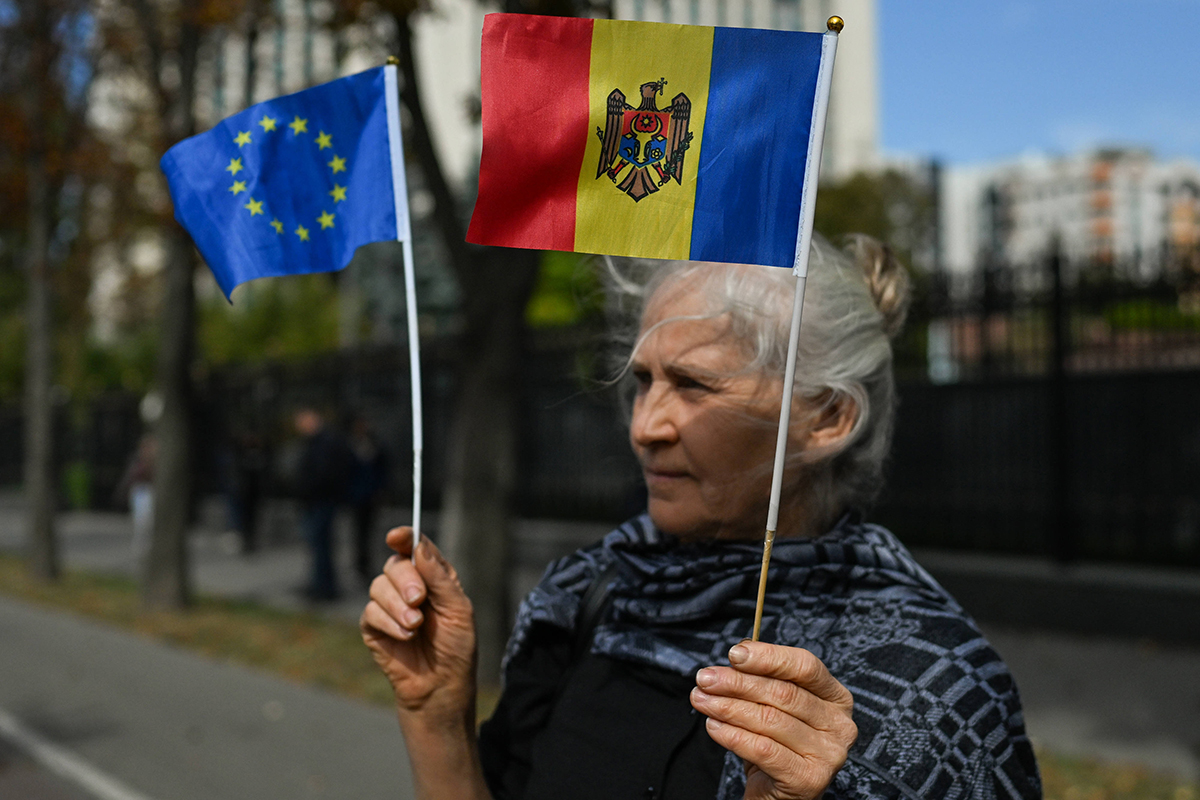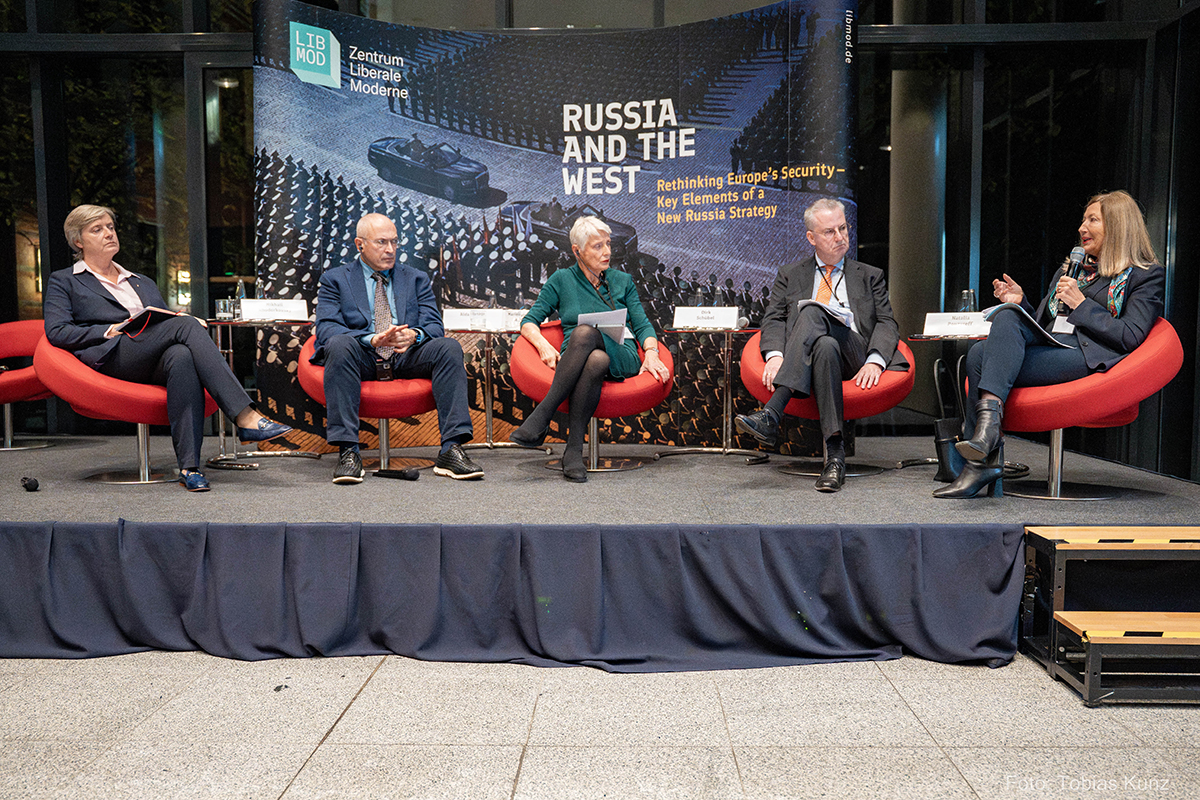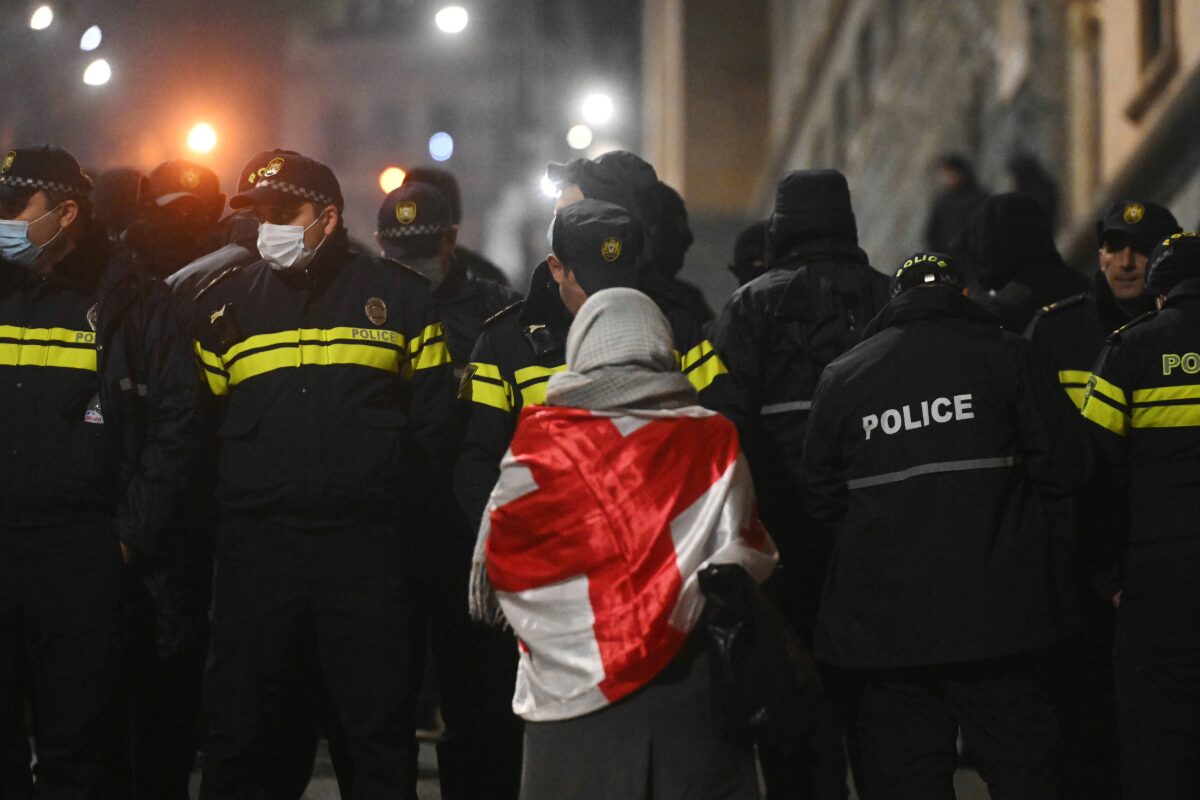EU-Ukraine Summit 2021: What does it say about the state of EU-Ukraine relations after 7 years of the association?

The considerable breakthroughs in the EU-Ukraine economic agenda have been harmed by sluggish political development, particularly concerning the rule of law. The judicial reform, anti-corruption efforts, independent and efficient law-enforcement institutions and legally sound ‘de-oligarchisation’ remain the top priorities, where Ukraine still has to do the homework and the EU enhance its monitoring and verification efforts. Without progress in these critical areas economic integration risks to be stalled.
The 23rd EU-Ukraine Summit, held in Kyiv on October 12, 2021, marked the seventh anniversary of the Association Agreement (AA), the major game-changer in the relations between the parties. The Joint Statement following the Summit is a good signboard for understanding the status of the relations and the plans for the future.
The EU has been the primary trade partner of Ukraine, and its role further strengthens in 2021. According to the customs data, in the first nine months of 2021, Ukraine’s exports of goods to the EU reached USD 20 bn, so that annual figures will surpass the previous peak registered in 2019 (USD 21 bn). Likewise, imports of goods from the EU have also resumed its growth, although slower. As a result, the EU accounts for 42% of Ukraine’s goods exports and 43% of imports.
In the policy domain, the importance of trade with the EU translates into reducing tariffs and non-tariff barriers (NTBs) to trade as envisaged in the deep and comprehensive free trade area (DCFTA), the integral part of the AA.
Although the DCFTA envisages significant tariffs liberalization, both partners preserved non-zero duties for selected, mostly agro-food, products. For this purpose, the EU established tariff-rate quotas for 36 categories, while Ukraine used three tariff rate quotas and preserved some non-zero duties. However, the Agreement allows tariff liberalization acceleration after five years since the launch. Ukraine has initiated consultations regarding this liberalization already in early 2021. The current Summit Joint Declaration marks the next important step, welcoming the launch of “negotiations on broadening and accelerating the scope of the elimination of customs duties”. It is a significant breakthrough, hoping to resolve Ukraine’s most critical business concern regarding the AA/DCFTA.
Another essential element of the economic integration of Ukraine into the EU internal market is the elimination of non-tariff barriers to trade. To achieve that, the DCFTA envisages the conclusion of the Agreement on Conformity Assessment and Acceptance of industrial products (ACAA) for industrial goods, the recognition of equivalence for food and related products, and trade facilitation measured through the mutual recognition of authorized economic operations (AEO) and the integration of Ukraine into the European common transit system.
Recently, the public focus has been on the conclusion of the framework ACAA incorporating three specific areas, namely machinery, low voltage equipment and electromagnetic compatibility. In mid-2021, the EU expert mission concluded a pre-assessment of Ukraine’s legislation related to the ACAA, confirming a relatively high, although still incomplete, degree of legal alignment. In September, the second phase of evaluating quality infrastructure began. If Ukraine implements the mission’s recommendations swiftly, we could expect the launch of the ACAA talks already in 2022.
The Joint Declaration does not mention two other essential NTBs, namely food safety and customs procedures, where substantial progress has also been achieved. In particular, Ukraine has already aligned its legislation and launched a parallel use of the NCTS, preparing to join the European common transit system, expected by 2023. In addition, the first Ukrainian company got the AEO status, paving the way for the mutual recognition of the AEO between Ukraine and the EU. As for the food safety sphere, the first recognition of equivalence for certification systems – for cereal seeds – was achieved in late 2020.
The Joint Declaration also marked the vital breakthrough in the AA/DCFTA modernization in the trade of services. The parties reported on the update of Annex XVII of the AA for telecommunication, postal and courier and international maritime transport services. Moreover, the Summit reiterated AA commitments regarding the internal market treatment for telecommunication services confirming Ukraine’s efforts to achieve it and the EU readiness to provide it. Other forthcoming integration elements could be the mutual recognition of electronic trust services, significantly simplifying business operations between Ukraine and the EU. The Declaration also mentions Ukraine’s efforts to align with the EU Digital Single Market, but without the explicit commitments regarding Ukraine’s accession.
In transport, the key achievement of the Summit is the conclusion of the Common Aviation Area (CAA) Agreement, the well overdue event as the document was initialled back in 2013. The market opening will happen in several stages, linked to the speed of Ukraine’s approximation efforts. The progress in inland waterways and railway transport are also mentioned. However, the Declaration omits road transport, where the deficit of transit permits has already created tangible barriers for trade in goods – for both Ukraine and its EU counterparts. The resolution of this bottleneck should remain in the focus of the EU-Ukraine relations.
Given the vital importance of energy security for both the EU and Ukraine, the parties have always focused on energy issues. Over the last seven years, Ukraine has transformed its gas and electricity markets in line with the EU norms. That has allowed the country to deepen interconnection with the European gas market through agreements on the cooperation of operators of gas transmission networks of Ukraine and neighbouring EU member states. It has also paved the way for the forthcoming synchronization with the ENTSO‑E power grid, the preparations for which are ongoing. The Summit confirmed the mutual interest in further integration based on the EU norms and the importance of Ukraine’s gas transit system for the European energy security and agreed to “consult and co-ordinate, as appropriate, on [energy] infrastructure developments”.
As a sign of the future, the Joint Declaration has also covered the Green Deal, particularly welcoming the launch of the EU-Ukraine dialogue on the European Green Deal and Ukraine’s Green Transition. However, although the EU promised to support Ukraine in developing its carbon pricing policy in the context of the Carbon border adjustment mechanism (CBAM), no exemptions for Ukraine have been mentioned. Accordingly, certain Ukrainian export products will be imposed with additional certificates to adjust to the carbon price level of the EU Emission trading system.
The considerable breakthroughs in the EU-Ukraine economic agenda have been harmed by sluggish political development, particularly concerning the rule of law. The judicial reform, anti-corruption efforts, independent and efficient law-enforcement institutions and legally sound ‘de-oligarchisation’ remain the top priority for the relations, as highlighted in the Joint Declaration. Regretfully, in this sphere, Ukraine is still lagging with multiple challenges to resolve. Before the Summit, experts called for identifying the G7’s roadmap for judicial and anti-corruption reforms in Ukraine as a tool for implementing the political association and initiating talks on joint border control. Unfortunately, though, the Joint Declaration does not contain these provisions.
Summing up, Ukraine and the EU significantly deepened their economic and especially trade integration against the background of Ukraine’s gradually progressing legal and institutional approximation over the last seven years. However, for further progress, it is essential to have the EU-Ukraine join work on monitoring and verification that these efforts are compliant with the EU norms and practices as it is the prerequisite for integration to the EU Internal Market. Therefore, it is very encouraging that the Joint Declaration confirms this mutual commitment.
However, some of Ukraine’s state fundamentals, particularly the rule of law, remain fragile, hampering the economic progress and European integration perspectives. It is the locus of the battle for the European future of Ukraine now.
Veronika Movchan is an Academic Director at the Institute for Economic Research and Policy Consulting — IER (Kyiv). Her main research interests lie in the sphere of trade policy, including WTO-related issues, regional integration, non-tariff measures, quantification of trade policy instruments, and modeling of policy changes, including the CGE modelling. She worked as research fellow at Stanford University (USA) and the DIW-Berlin, Germany, as well as a consultant at the World Bank Resident Mission in Kyiv and the Harvard Institute for International Development (Ukraine).
![]()
Did you like thike this article? If yes, you can support the independent editorial work and journalism of LibMod via a simple donation tool.
We are recognized as a non-profit organization, accordingly donations are tax deductible. For a donation receipt (necessary for an amount over 200 EUR), please send your address data to finanzen@libmod.de
Related topics
Newsletter bestellen
Stay tuned with our regular newsletter about all our relevant subjects.





